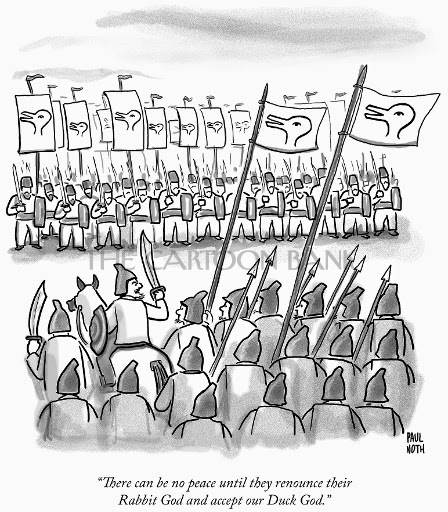In that thought is the recipe for happiness.
For one it cuts the ego to size.
The ego that, oh so frequently, says I deserve better. Perish that thought. Crush that snake before it raises its ugly head.
The other secret ingredient is the realisation of the utility of mostly looking down instead of mostly looking up.
Looking up results in not just a crick in the neck but could be the proximate cause for a fall that hurts much more than any crick.
Looking down gives you much more robust measures of the good life than looking up does.
Look around and down and you will get a good idea of what the average life is in this vale of tears. Ruing that you have not yet made it to the Beemer owing class? Taking a ride on a Mumbai local is your ticket to feeling happy about your rickety Honda City.
Looking up is mostly joyless. Long stretches of envy and jealousy with the occasional empty frisson of schadenfreude - that unique German word for an emotion that roughly translates to the pleasure derived from some other person's misfortune.
The second-rung heiress who feels a pang of happiness as she sees the reigning queen wipe a tear on the death of her favourite poodle will have to momentarily go back to the endless ennui of envy as the reigning casanova hugs the queen tight in apparent commiseration.
Once in a while when life does not feel so good to me and unhappiness is circling around the edges of my consciosuness, I find myself listening to the tuneful masters of pop psychology, Eagles singing Desperado. The song somehow takes me back to that comforting thought with which I began this post.
For an idiot I have had a good life!
Given below is the song and its lyrics.
Cheers!
Desperado, why don't you come to your senses?
You been out ridin' fences for so long now
Oh, you're a hard one
I know that you got your reasons
These things that are pleasin' you
Can hurt you somehow
Don't you draw the queen of diamonds, boy
She'll beat you if she's able
You know the queen of hearts is always your best bet
Now it seems to me, some fine things
Have been laid upon your table
But you only want the ones that you can't get
Desperado, oh, you ain't gettin' no younger
Your pain and your hunger, they're drivin' you home
And freedom, oh freedom well, that's just some people talkin'
Your prison is walking through this world all alone
Don't your feet get cold in the winter time?
The sky won't snow and the sun won't shine
It's hard to tell the night time from the day
You're losin' all your highs and lows
Ain't it funny how the feeling goes away?
Desperado, why don't you come to your senses?
Come down from your fences, open the gate
It may be rainin', but there's a rainbow above you
You better let somebody love you, before it's too lateYou been out ridin' fences for so long now
Oh, you're a hard one
I know that you got your reasons
These things that are pleasin' you
Can hurt you somehow
Don't you draw the queen of diamonds, boy
She'll beat you if she's able
You know the queen of hearts is always your best bet
Now it seems to me, some fine things
Have been laid upon your table
But you only want the ones that you can't get
Desperado, oh, you ain't gettin' no younger
Your pain and your hunger, they're drivin' you home
And freedom, oh freedom well, that's just some people talkin'
Your prison is walking through this world all alone
Don't your feet get cold in the winter time?
The sky won't snow and the sun won't shine
It's hard to tell the night time from the day
You're losin' all your highs and lows
Ain't it funny how the feeling goes away?
Desperado, why don't you come to your senses?
Come down from your fences, open the gate
It may be rainin', but there's a rainbow above you





